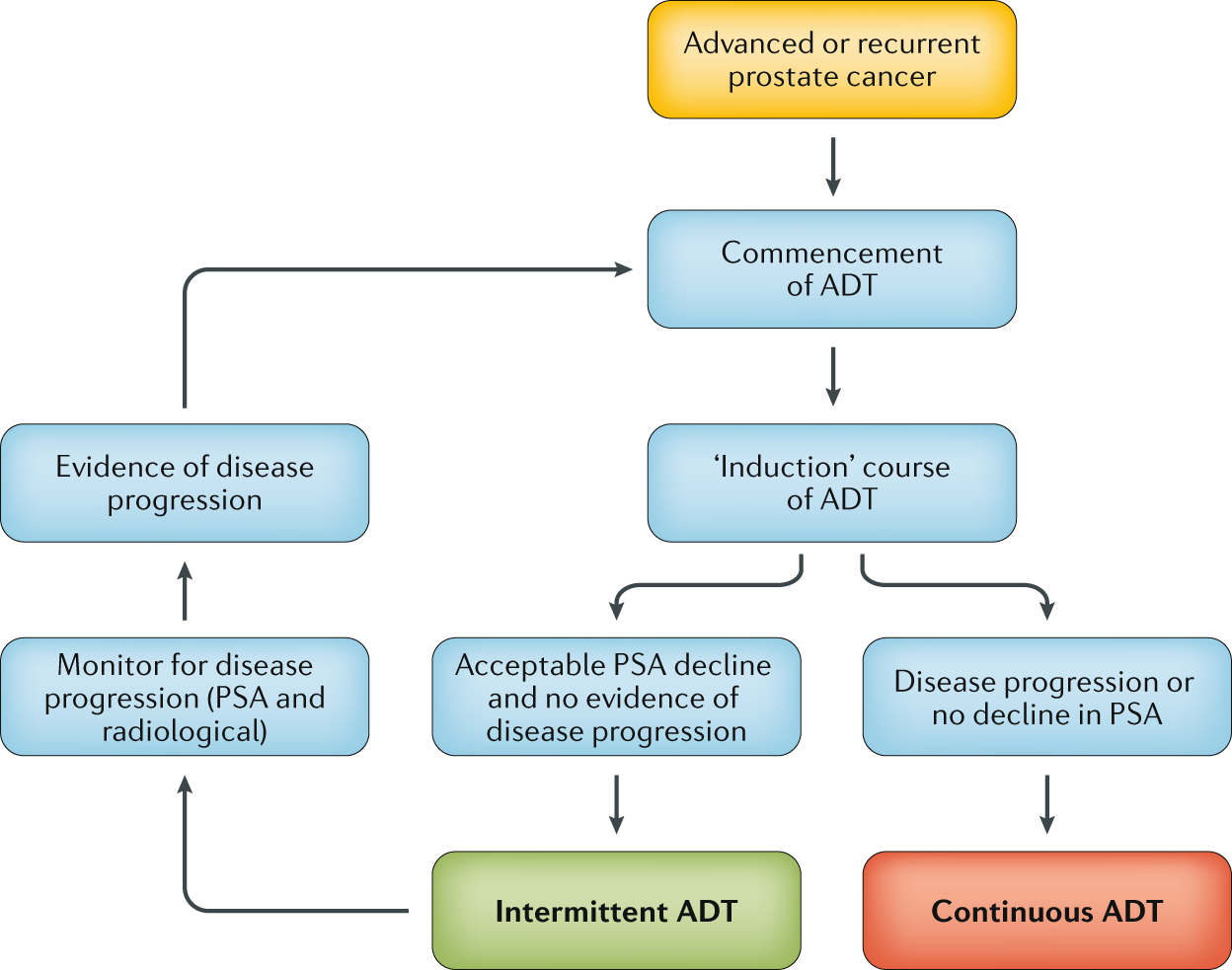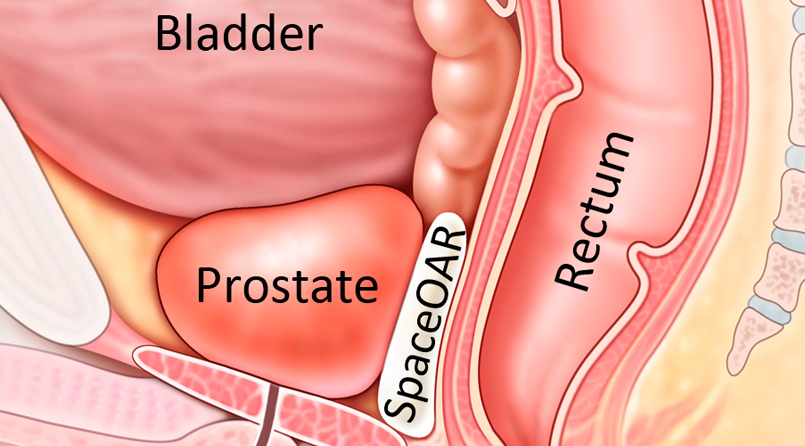The Best Strategy To Use For Best Prostate Cancer Hospital In Mumbai
The Best Strategy To Use For Best Prostate Cancer Hospital In Mumbai
Blog Article
Prostate Cancer Therapy: Surgical and Non-Surgical Approaches Explained
When encountered with a prostate cancer cells medical diagnosis, the range of treatment options can appear overwhelming. This thorough introduction aims to lose light on the complexities of prostate cancer cells therapy, using understandings into the complexities of each technique to empower people in making notified choices regarding their health and wellness.
Surgical Treatment Choices
When thinking about medical treatment options for prostate cancer cells, individuals and medical care service providers typically consider the dangers and benefits connected with different treatments. This treatment is commonly suggested for patients with local prostate cancer cells and uses the capacity for a remedy.
Another medical choice is robotic-assisted laparoscopic prostatectomy, a minimally intrusive treatment that uses a robotic system to aid the doctor in eliminating the prostate. This technique can cause less blood loss, much shorter hospital keeps, and quicker recovery times compared to conventional open surgery. It likewise carries the danger of complications such as infection and injury to bordering organs.
Ultimately, the selection of surgical treatment for prostate cancer cells depends upon different variables consisting of the phase of the cancer, the client's general health, and their choices concerning possible side results and healing times. Consulting with a multidisciplinary team including urologists, oncologists, and radiation oncologists can assist individuals make educated decisions regarding one of the most appropriate surgical strategy for their specific instance.

Non-Surgical Therapy Options
Thinking about alternatives to medical treatments, non-surgical treatment alternatives for prostate cancer offer people extra opportunities for managing the illness while minimizing prospective surgical risks. One non-surgical approach is Energetic Monitoring, where patients with low-risk prostate cancer cells are kept an eye on carefully through normal check-ups, blood tests, and biopsies, without undergoing instant therapy. This strategy aims to avoid unneeded treatment and its involved side results, such as urinary incontinence and impotence.
An additional non-surgical alternative is Radiation Therapy, which utilizes high-energy rays to kill cancer cells (Best prostate cancer doctor in Mumbai). This treatment can be delivered on the surface making use of a device (External Beam Radiation) or internally through little radioactive pellets positioned near the tumor (Brachytherapy) Radiation therapy can be used as a main treatment or in combination with other treatments, such as hormonal agent treatment
In Addition, Hormonal Agent Treatment is a non-surgical strategy that aims to reduce the degrees of male hormonal agents (androgens) in the body, as these hormones can fuel the development of prostate cancer cells. By blocking or lowering androgen levels, hormonal agent treatment can slow down cancer cells progression and eliminate signs and symptoms in sophisticated cases.
Robotic-Assisted Surgery for Prostate Cancer Cells

One of the crucial advantages of robotic-assisted surgery for prostate cancer cells is its ability to reduce the risk of issues and adverse effects generally associated with open surgical treatment, such as blood loss, pain, infection, and expanded recovery times. Clients undergoing robotic-assisted procedures often experience much shorter hospital keeps, less postoperative discomfort, and quicker go back to regular tasks. Additionally, the minimally invasive nature of robotic surgery generally causes smaller sized lacerations, bring about improved cosmetic results and decreased scarring for clients. Overall, robotic-assisted surgical treatment stands for a cutting-edge method to prostate cancer cells treatment that incorporates technical advancements with medical expertise to optimize patient results.
Radiation Treatment for Prostate Cancer Cells
Utilizing innovative radiation innovation, radiation treatment plays a crucial role in the extensive therapy of prostate cancer. Radiation therapy makes use of high-energy radiation to ruin cancer cells and reduce lumps. It is an usual treatment option for prostate Best prostate cancer doctor in Mumbai cancer, either as a key treatment or in mix with surgery, hormone treatment, or chemotherapy.
There are 2 main kinds of radiation therapy used for prostate cancer: outside beam of light radiation treatment (EBRT) and brachytherapy. These seeds discharge radiation that eliminates the cancer cells over time.
Radiation treatment for prostate cancer is very efficient, with high remedy rates, particularly for local cancer cells. It is likewise a valuable choice for clients that may not appropriate candidates for surgical treatment. Like any kind of treatment, radiation therapy might have negative effects, such as urinary problems, tiredness, and skin inflammation, however these are manageable and commonly temporary.
Hormonal Agent Treatment for Prostate Cancer Cells
Hormone treatment is a frequently made use of therapy method for prostate cancer management. Prostate cancer is frequently sustained by the man hormonal agent testosterone. Hormone treatment, also called androgen starvation therapy, aims to lower testosterone degrees in the body or block the hormone's impacts on the prostate cancer cells, therefore slowing down the disease's progression. This therapy is specifically reliable in sophisticated phases of prostate cancer, where surgical procedure or radiation therapy might not be sufficient.
There are various kinds of hormonal agent therapy for prostate cancer cells, consisting of medicines that reduced testosterone levels (such as luteinizing hormone-releasing hormone agonists and villains), or medications that obstruct testosterone from getting to cancer cells (like anti-androgens) Hormone treatment can be made use of alone or in combination with other therapies like radiation treatment, depending on the phase and aggression of the cancer.
While hormone therapy can effectively control prostate cancer cells growth, it might include adverse effects such as hot flashes, loss of libido, impotence, and weakening of bones - best prostate cancer doctor. Regular surveillance and discussions with healthcare service providers are critical to manage these negative effects and ensure the treatment's efficiency
Conclusion
To conclude, the treatment choices for prostate cancer consist of non-surgical and surgical approaches such as robotic-assisted surgical treatment, radiation therapy, and hormone treatment. Each method has its very own benefits and risks, and the selection of therapy depends upon different aspects such as the phase of cancer cells and total health of the patient. It is very important for people to talk about these alternatives with their health care supplier to establish the most suitable training course of action for their individual circumstance.

Utilizing sophisticated radiation technology, radiation therapy plays a critical role in the detailed therapy of prostate cancer. It is an usual therapy option for prostate cancer cells, either as a primary therapy or in mix with surgery, hormonal agent therapy, or chemotherapy.
Radiation treatment for prostate cancer cells is highly efficient, with high cure prices, particularly for local cancer.Hormone treatment is a typically used treatment technique for prostate cancer monitoring.In conclusion, the treatment alternatives for prostate cancer cells include non-surgical and surgical methods such as robotic-assisted surgery, radiation therapy, and hormone treatment.
Report this page